NBP periodically publishes short articles on nuclear energy matters which either have a geographic or topical focus. Feel free to browse through all our articles and if you would like to read on something specific, please use the search function. For example, you can search for articles relating to Africa or India or financing or SMR etc. You can also use the filter function to see articles pertaining to Asia, Africa, India or Türkiye.

Nuclear Power in Africa: Managing Waste and Seizing the Billion Dollar Industry Opportunity
The responsible handling of nuclear waste emerges as a critical consideration that requires early attention for countries planning for new nuclear programs. As 21 African nations explore the possibilities of nuclear power, it is crucial to emphasize the need to incorporate nuclear waste management considerations from the inception of these programs.
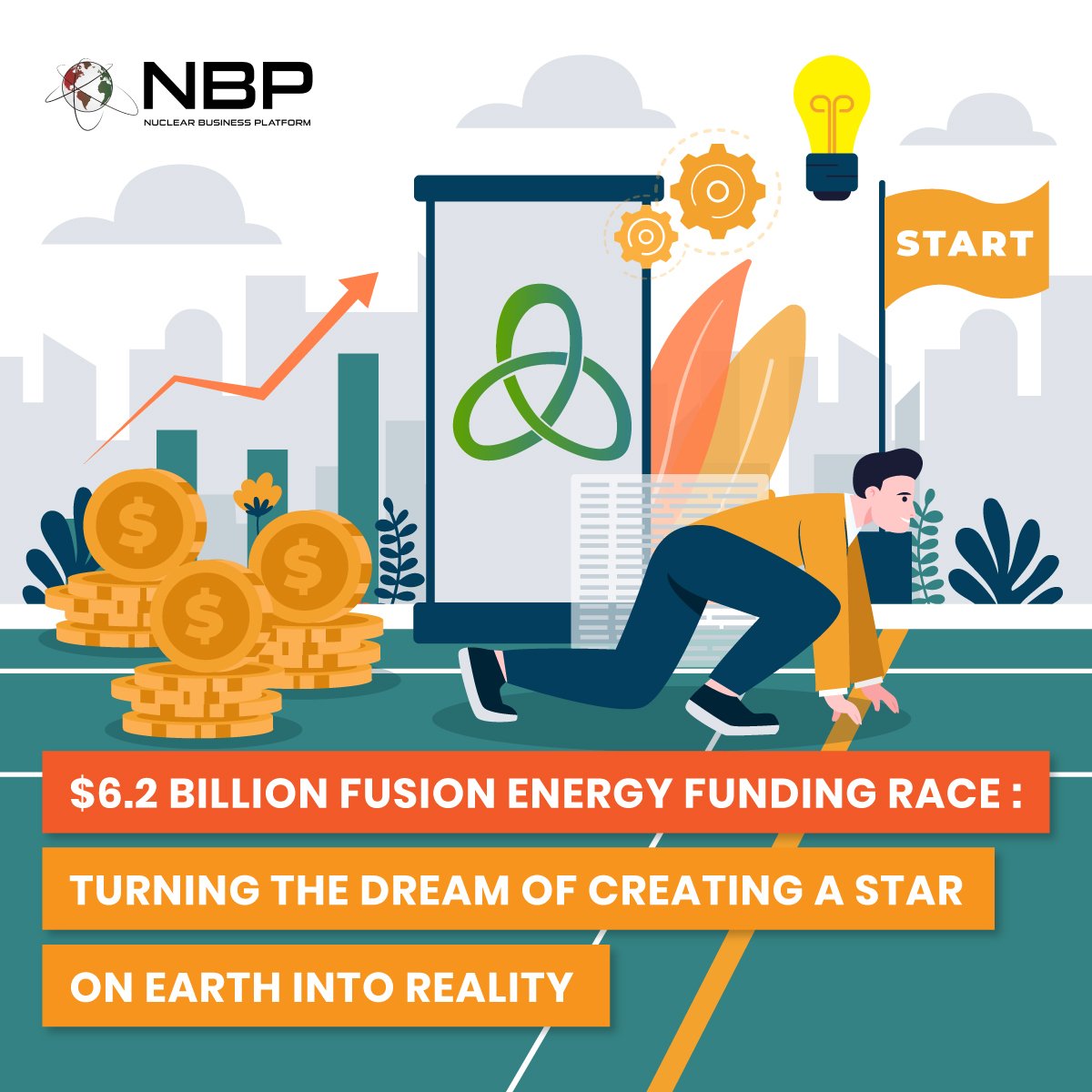
$6.2 Billion Fusion Energy Funding Race : Turning the Dream of Creating a Star on Earth into Reality
There is currently a global race to both develop and eventually commercialize fusion (by 2030s) as a carbon-free, safe, and virtually unlimited energy source. To date, more than 35 private fusion companies have collectively raised over $2.4 bn. Additionally, governments around the world have committed public funds, bringing the total investment in fusion to over $6.2 bn.

Advancements in African Nuclear Energy: A Comprehensive Overview of 2024 Developments
The year 2023 proved to be a remarkable period for nuclear energy in Africa, witnessing substantial progress in tackling energy crises, advancing sustainable development goals, and making significant contributions to global initiatives aimed at combating climate change. In this article, we aim to comprehensively explore the noteworthy recent developments unfolding in the nuclear landscape of African countries throughout the preceding years. Moreover, we will turn our gaze toward the horizon of 2024, a year poised to play a pivotal role in shaping the trajectory of nuclear expansion across the continent. As we navigate the unfolding narrative, it becomes evident that 2024 holds substantial significance for the African nuclear landscape, with key expectations and milestones set to mark this critical juncture.
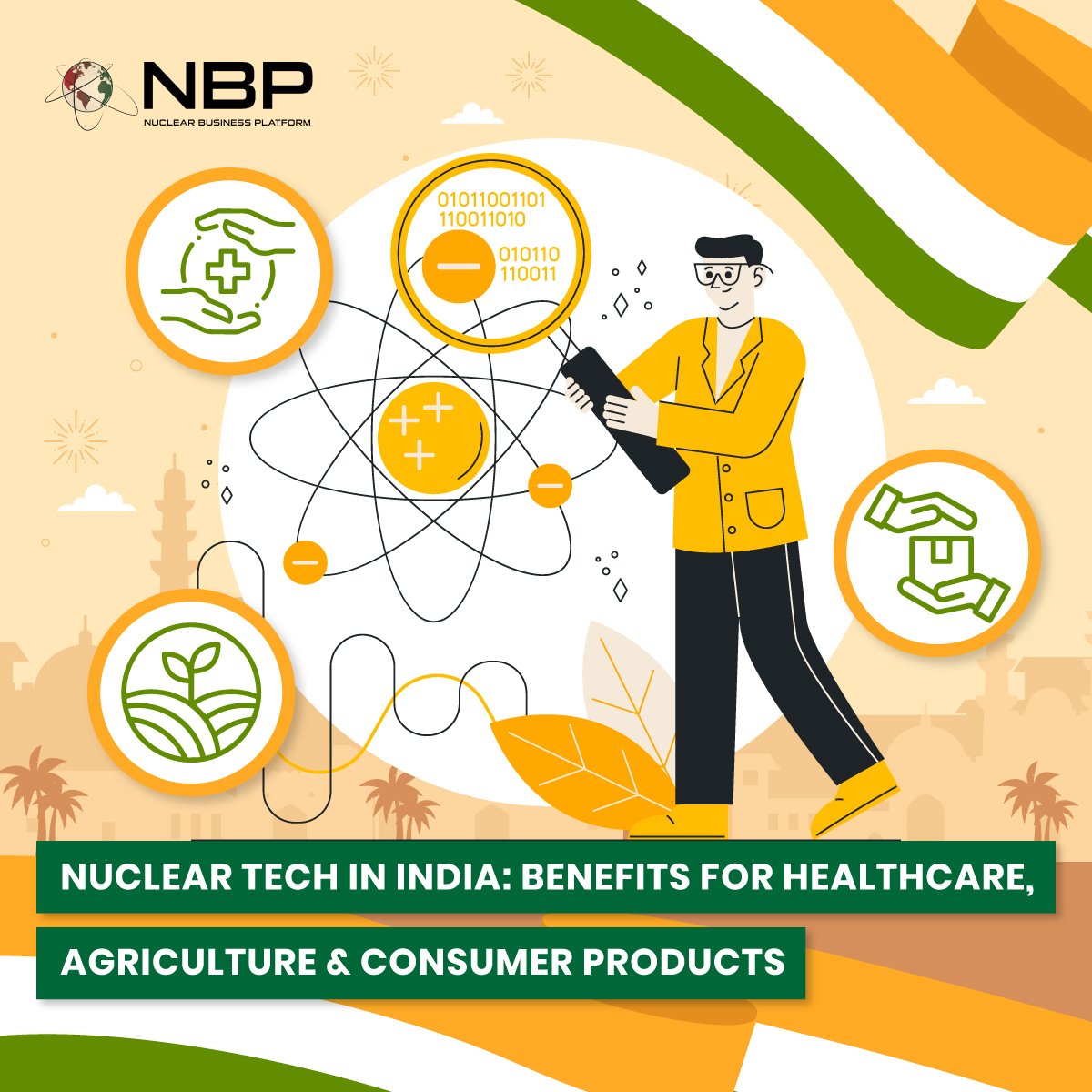
Nuclear Tech in India: Benefits for Healthcare, Agriculture & Consumer Products
Nuclear technology has a symbiotic relationship with various sectors of healthcare, agriculture, and consumer products in the Indian context. With a spotlight on nuclear medicine, agricultural advancements, and radioisotope-integrated consumer products, it aims to illuminate the multifaceted applications of nuclear energy and the opportunities it presents for international companies entering the Indian market.
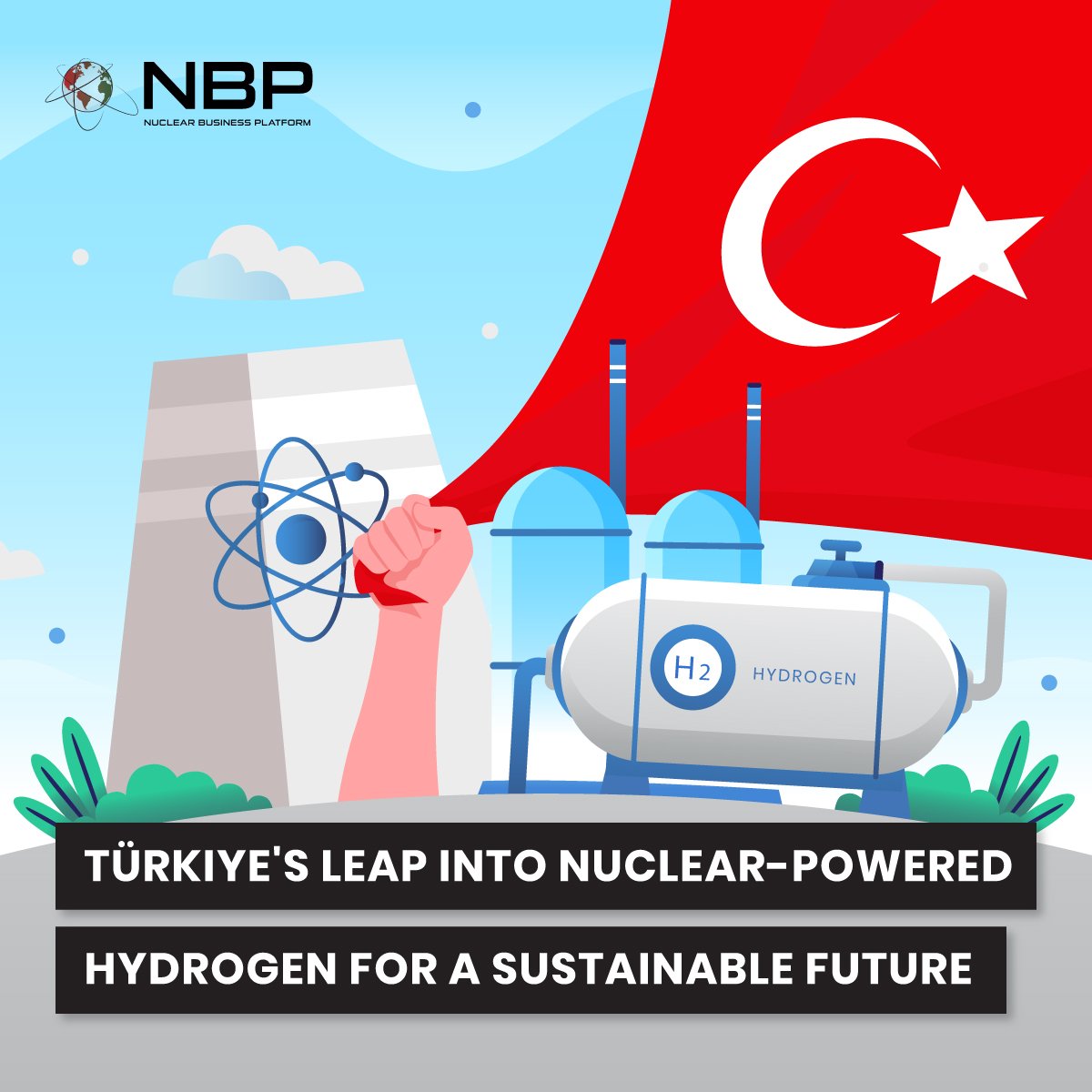
Türkiye's Leap into Nuclear-Powered Hydrogen for a Sustainable Future
In the ever-evolving landscape of global hydrogen demand, the role of nuclear energy has emerged as a strategic imperative for sustainable and low-emission production. Globally there is a surge in hydrogen use, projecting an upward trajectory driven by industry, refining, and transport. The Turkish Energy, Nuclear and Mining Research Institute has embarked on innovative initiatives for green hydrogen production.

South Africa's Strategic Initiatives for Sustainable Energy Development
In pursuit of a resilient and sustainable energy future, the South African government has embarked on an extensive array of strategic initiatives and policies aimed at fortifying its nuclear energy sector.
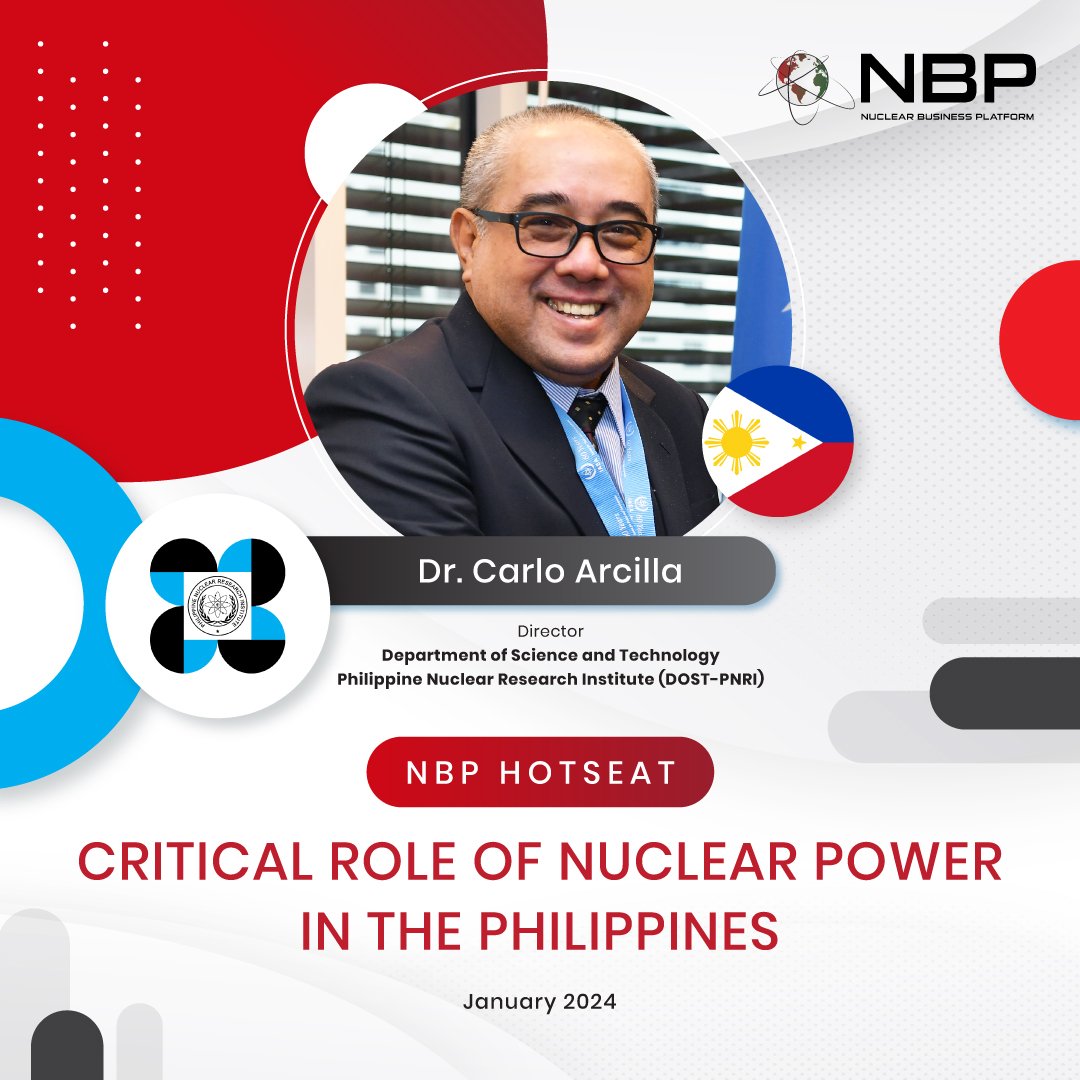
The Critical Role of Nuclear Power For The Philippines
The development of nuclear power in the Philippines is a pressing national priority. With electricity rates among the highest in Southeast Asia, nuclear energy offers a reliable and cost-effective solution to the country's energy challenges. President Ferdinand Marcos Jr. has consistently advocated nuclear power as a way to provide affordable electricity to Filipino households and businesses.
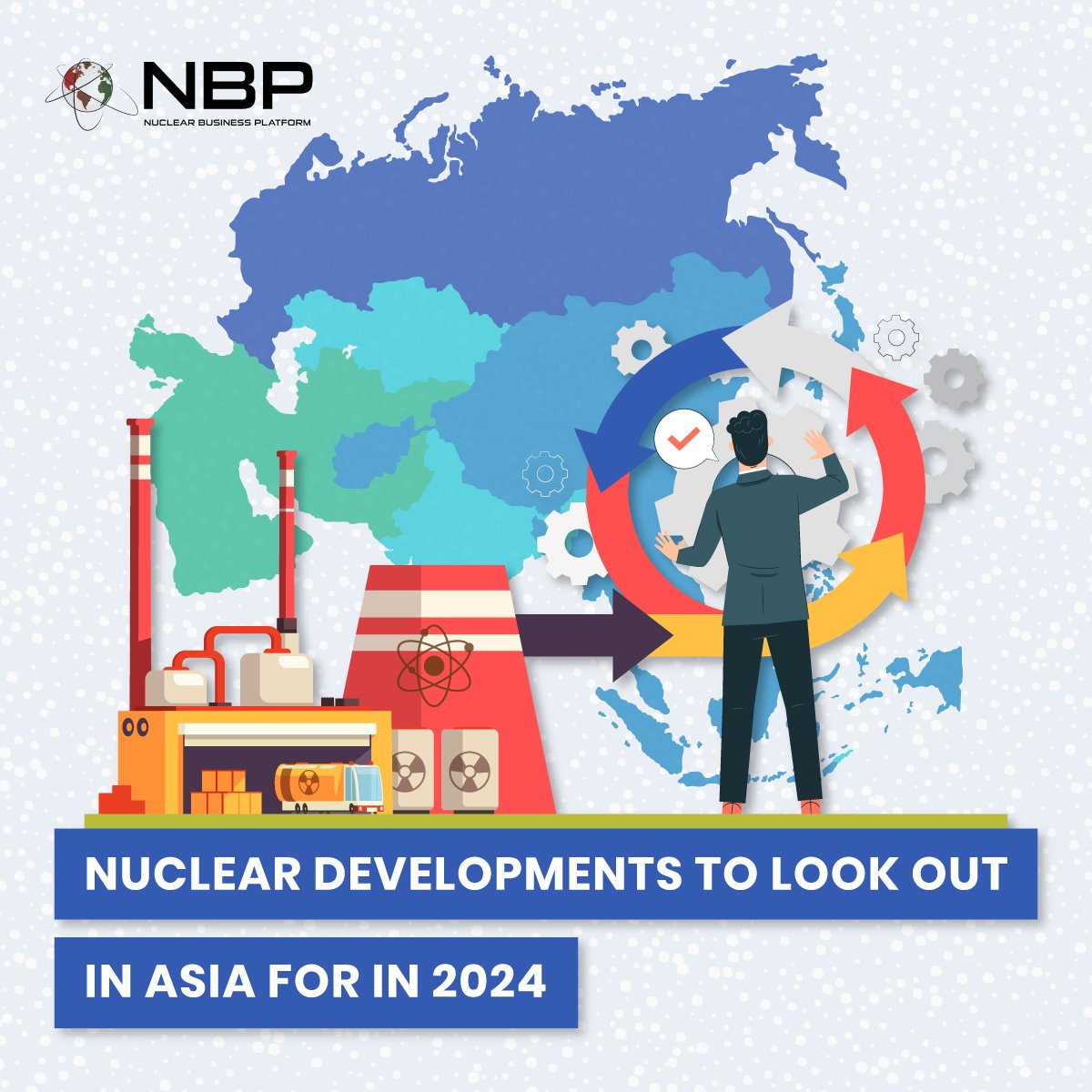
Nuclear Developments To Look Out in Asia For in 2024
Asia is a continent that has been at the forefront of nuclear energy development for several decades. With the world’s largest population and a rapidly growing economy, Asia’s energy needs are expected to increase significantly in the coming years. As we enter 2024, several countries in Asia are poised to make significant strides in nuclear energy development. What are some of the key nuclear developments to look out for in Asia in 2024?

Advancing Nuclear Energy in Africa: A Comprehensive Overview
The African continent is currently experiencing an upswing in interest and commitment towards incorporating nuclear energy into their national power generation strategies. NBP has elaborated a ranking method which highlights the potential of African countries.
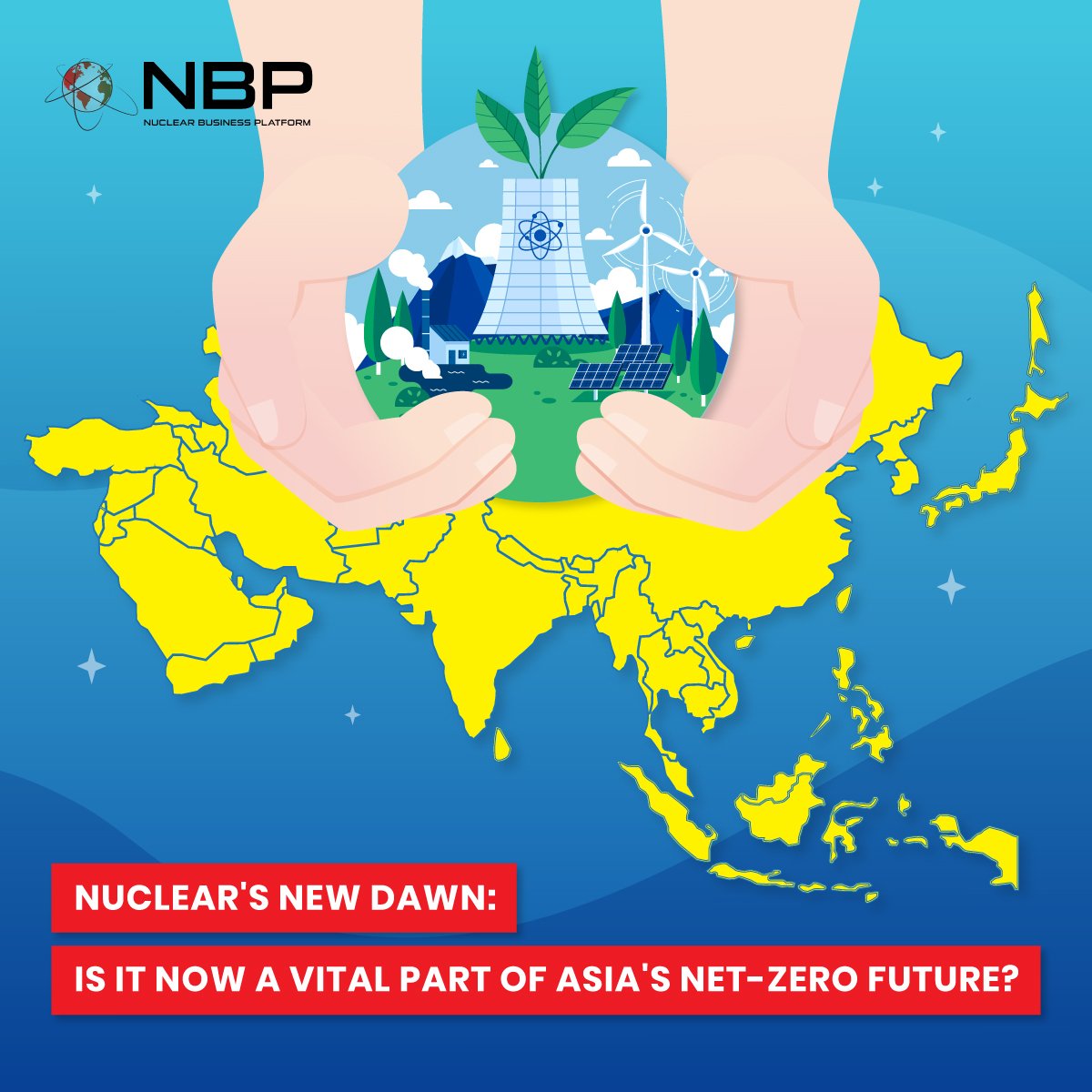
Nuclear's New Dawn: Is it Now a Vital Part of Asia's Net-Zero Future?
Asia has recognized the critical role nuclear energy plays in meeting its burgeoning energy needs while tackling climate change. Numerous Asian nations have embraced nuclear power as a viable and sustainable solution to reduce their carbon footprint. Currently, Asia boasts approximately 140 operational nuclear reactors, and plans for an additional 40-50 reactors are in place, showcasing Asia's commitment to nuclear energy.

Strategic Imperatives for Africa's Nuclear Energy Advancement: A Focus on Public-Private Partnerships
The realization of Africa's nuclear energy ambitions is confronted by a formidable challenge—mobilizing the substantial capital required for nuclear power development and transmission infrastructure. With traditional government funding proving inadequate, the pivotal role of Public-Private Partnerships (PPPs) emerges as a strategic solution. In this discourse, we delve into the nuanced dynamics of PPPs, elucidating their significance in addressing the financial complexities, fostering technology transfer, and mitigating risks associated with Africa's nuclear energy pursuits.
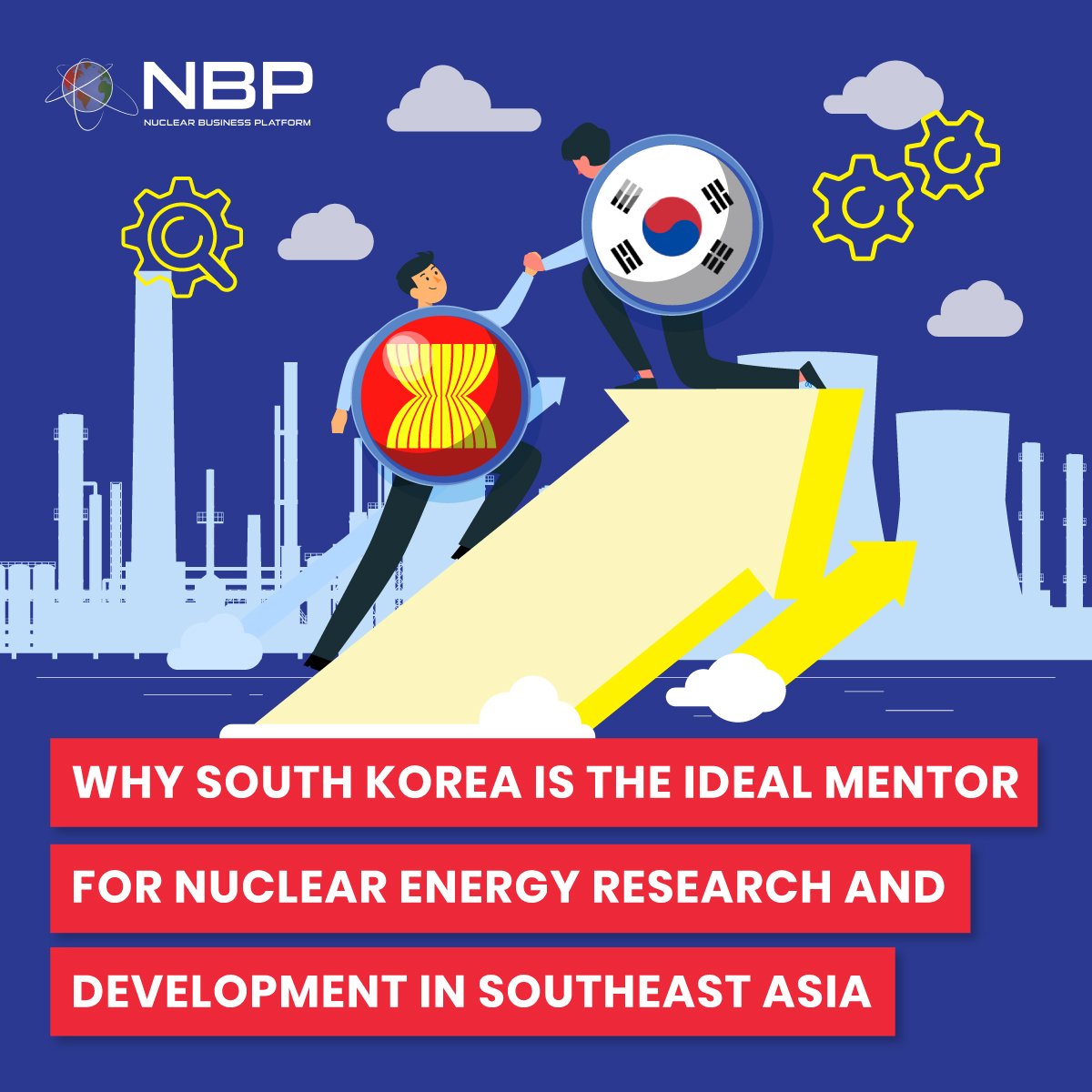
Why South Korea Is the Ideal Mentor for Nuclear Energy Research and Development in Southeast Asia
Some Southeast Asian nations are exploring the possibility of incorporating nuclear energy. While nuclear plants can generate reliable, emissions-free energy, investing requires thorough research and expertise. Emerging nuclear energy nations should build robust R&D programs to enable safe, sustainable sectors. Strong R&D develops critical knowledge and best practices for operations and regulation. Tapping into South Korean expertise could allow efficient, safe adoption. Only few countries can match South Korea's 35+ years of focused nuclear energy R&D.
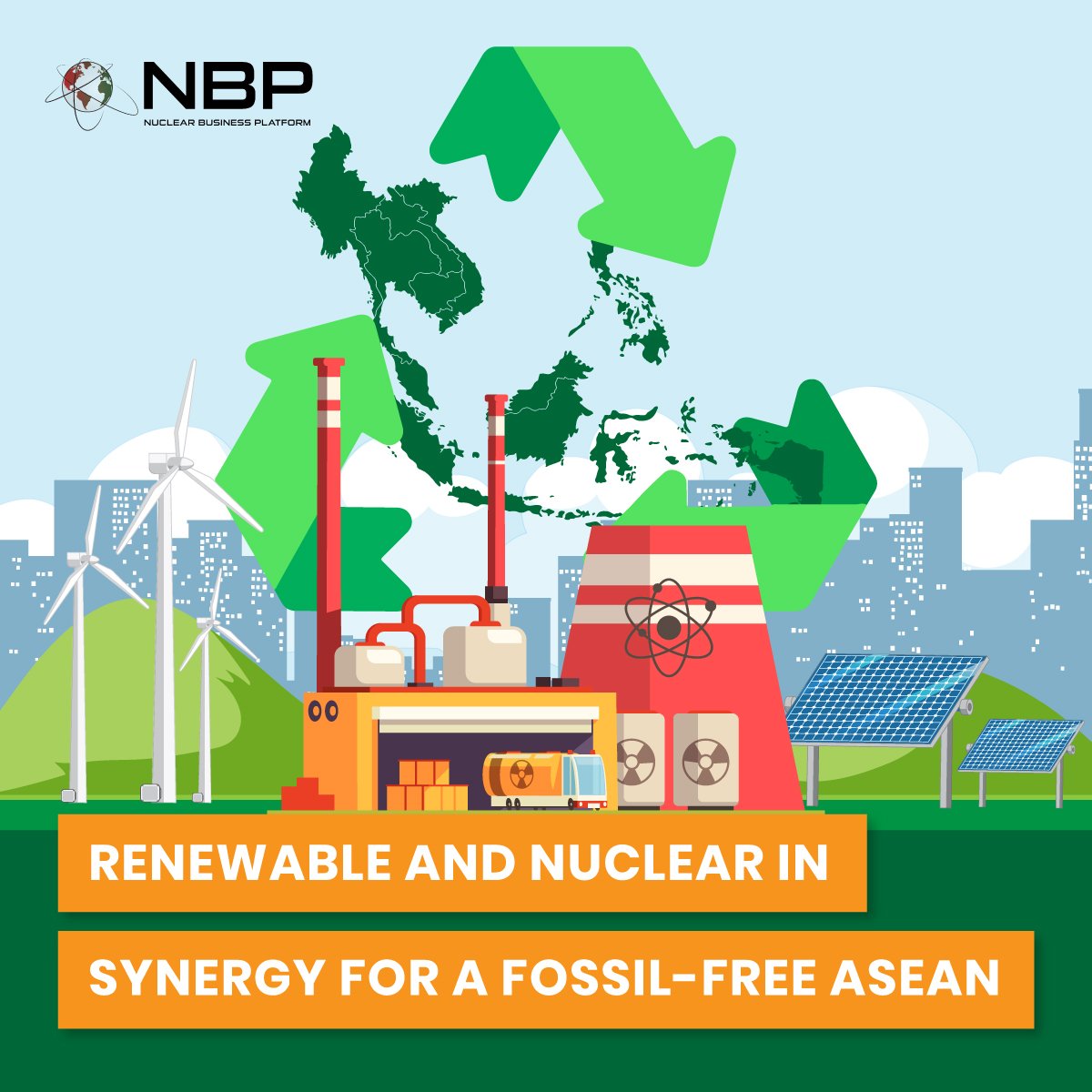
Renewable and Nuclear in Synergy for a Fossil-Free ASEAN
ASEAN is actively addressing the energy challenges accompanying its remarkable economic growth. The broader vision involves a comprehensive energy transition, acknowledging the need to reduce reliance on fossil fuels and increase the share of renewables and clean technologies, emphasizing a sustainable and green energy future for the ASEAN region.

Empowering Africa's Energy Future: Early Engagement of SMR Vendors and the Prospect of Prototype Demonstrations
Early engagement between SMR vendors and African countries is mutually beneficial. For vendors, it establishes a foothold in a new market and provides valuable experience in developing countries. African countries benefit by building local expertise and securing a reliable source of clean energy.
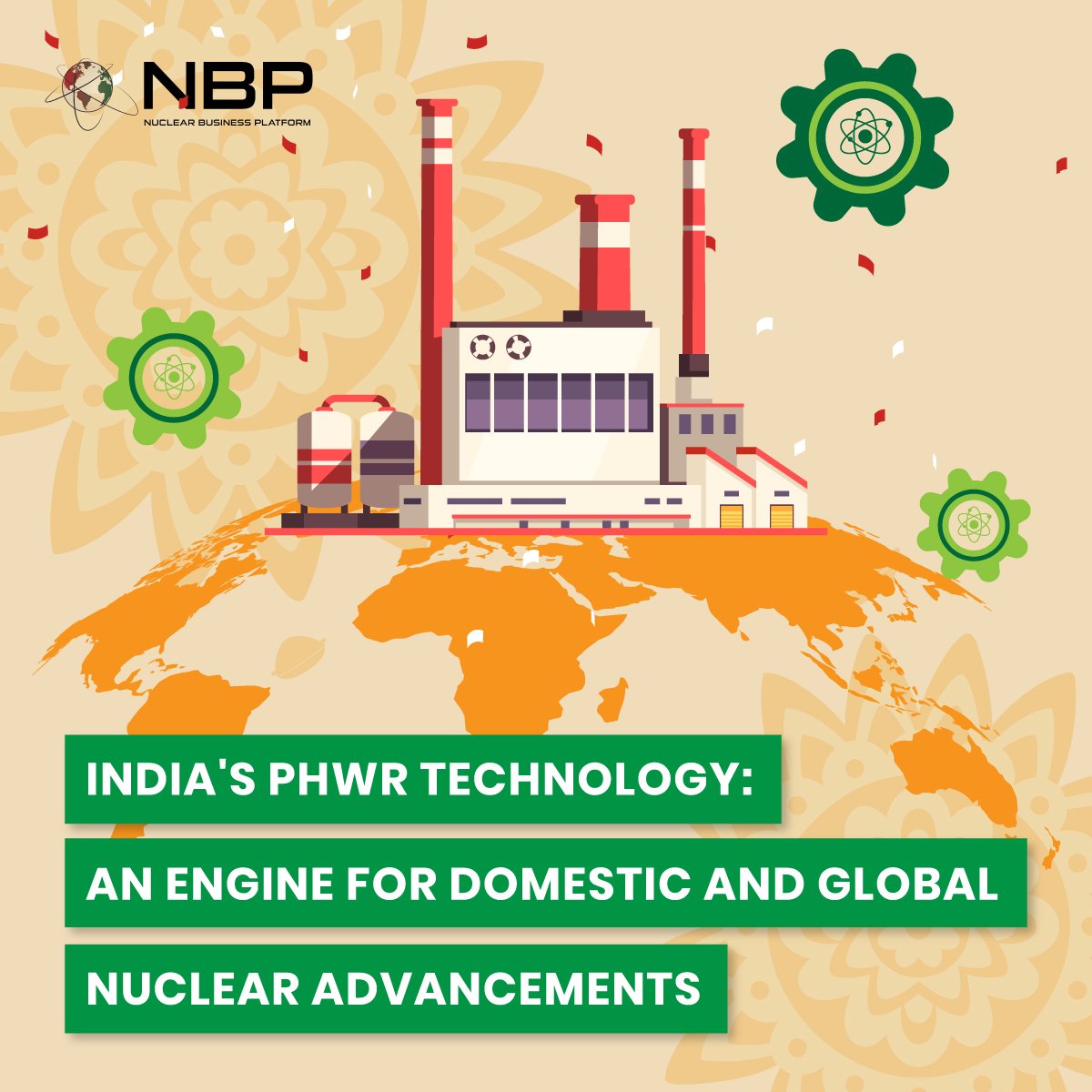
India's PHWR Technology: An Engine for Domestic and Global Nuclear Advancements
India has a unique opportunity to play a pivotal role in strengthening the international nuclear supply chain, offering its Pressurized Heavy Water Reactor (PHWR) technology as a beacon for other nations seeking to adopt nuclear energy. While 'Make in India' has seen success across various sectors, the nuclear domain has yet to witness significant traction. India's PHWR technology, however, holds immense potential not only as a cost-effective solution but also as a catalyst for global nuclear growth.

Indonesia's Presidential Candidates Stand on Nuclear Energy
As Indonesia stands at the crossroads of its political landscape, the upcoming presidential election in February 2024 brings to the forefront critical discussions about the nation's energy future. With a population nearing 280 million and energy demands escalating, the focus on clean and sustainable energy sources, particularly nuclear energy, is gaining prominence. This analysis delves into the positions of the three presidential candidates – Prabowo Subianto, Anies Baswedan, and Ganjar Pranowo – on nuclear energy and their broader views on clean energy, climate change, and Indonesia's ambitious carbon reduction targets.

Uganda's Nuclear Aspirations: A Path to Sustainable Development
Uganda is faced with the dual challenge of meeting the energy demands of its burgeoning population and ensuring sustainable development. The country's total installed power generating capacity, primarily from hydroelectricity, is estimated to be around 1268 MW(e) as of December 2020. However, with an annual electricity demand growth rate of 15%, Uganda is exploring nuclear energy as a strategic component of its energy mix.
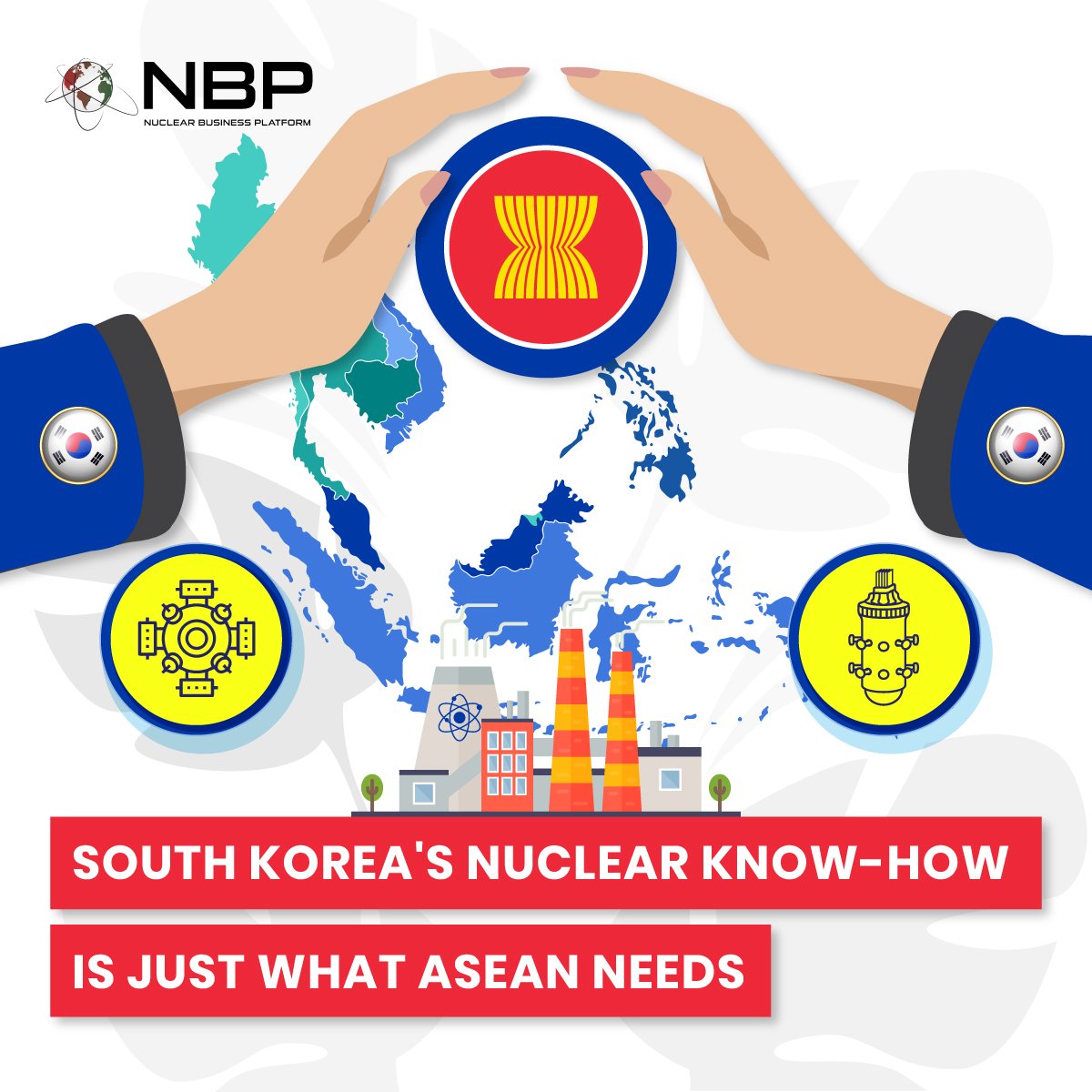
South Korea's Nuclear Know-How is Just What ASEAN Needs
As ASEAN countries are starting to explore nuclear energy to meet rising energy demands, developing the human resources and workforce needed to support safe and secure nuclear power programs remains a key challenge across the region. With advanced nuclear technology and long experience nurturing human capital, South Korea is poised to be an ideal partner in helping ASEAN build the skilled manpower needed to harness nuclear energy safely and efficiently.
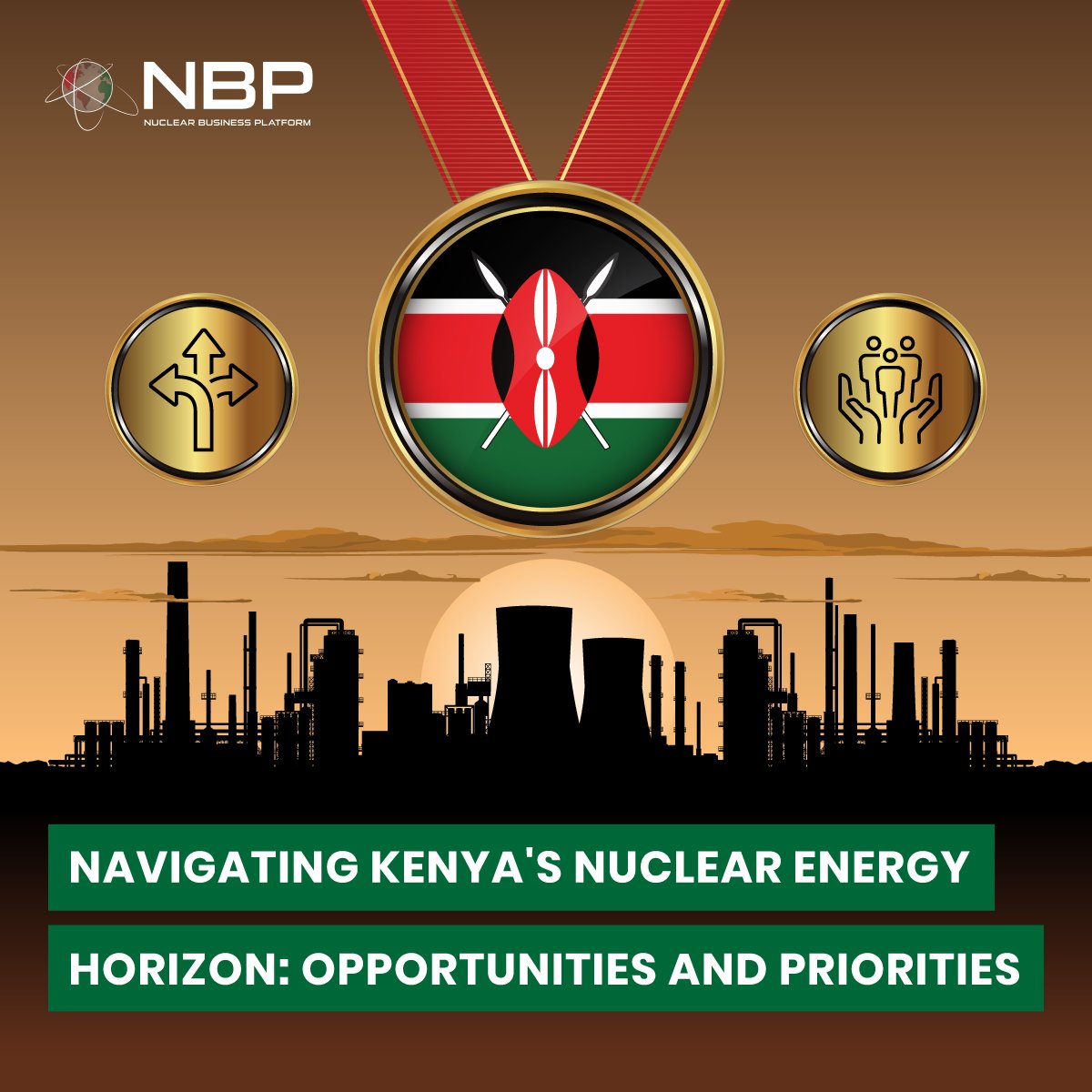
Navigating Kenya's Nuclear Energy Horizon: Opportunities and Priorities
Kenya's pursuit of nuclear power and energy is gaining momentum under the leadership of the Nuclear Power and Energy Agency (NuPEA). With the successful completion of the Integrated Nuclear Infrastructure Review (INIR) mission by the International Atomic Energy Agency (IAEA) in 2021, Kenya entered the second phase of IAEA's milestone approach, positioning itself for preparatory works toward a nuclear power program.
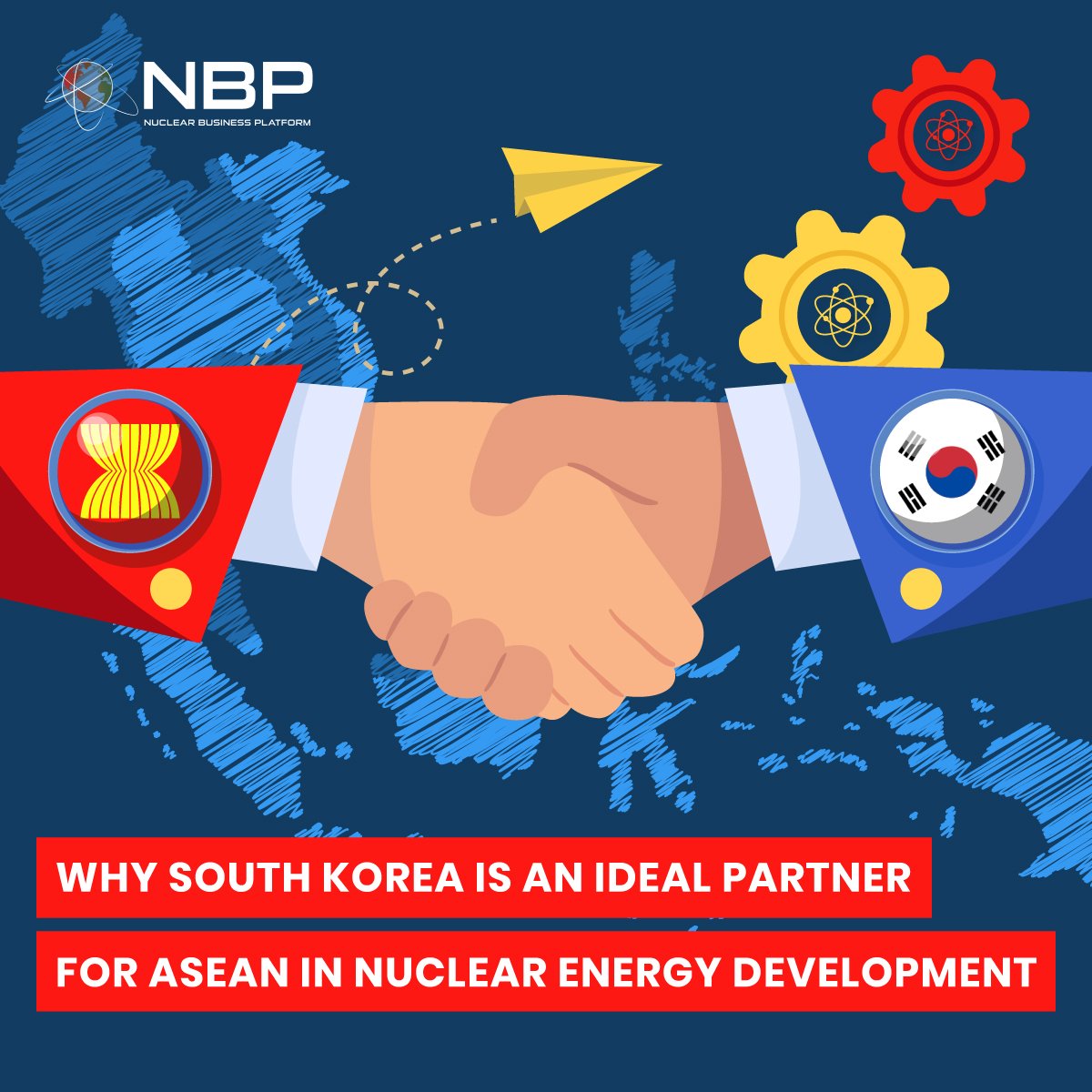
Why South Korea Is an Ideal Partner for ASEAN in Nuclear Energy Development
South Korea has emerged as a true leader in nuclear energy technology and expertise. South Korea's expertise and decades of experience offer invaluable guidance for ASEAN states embarking on nuclear power.
